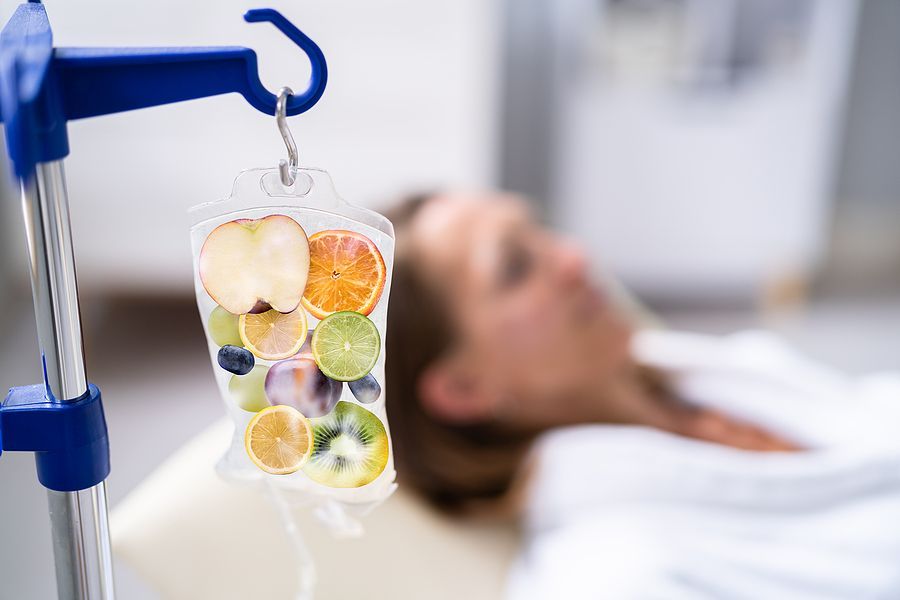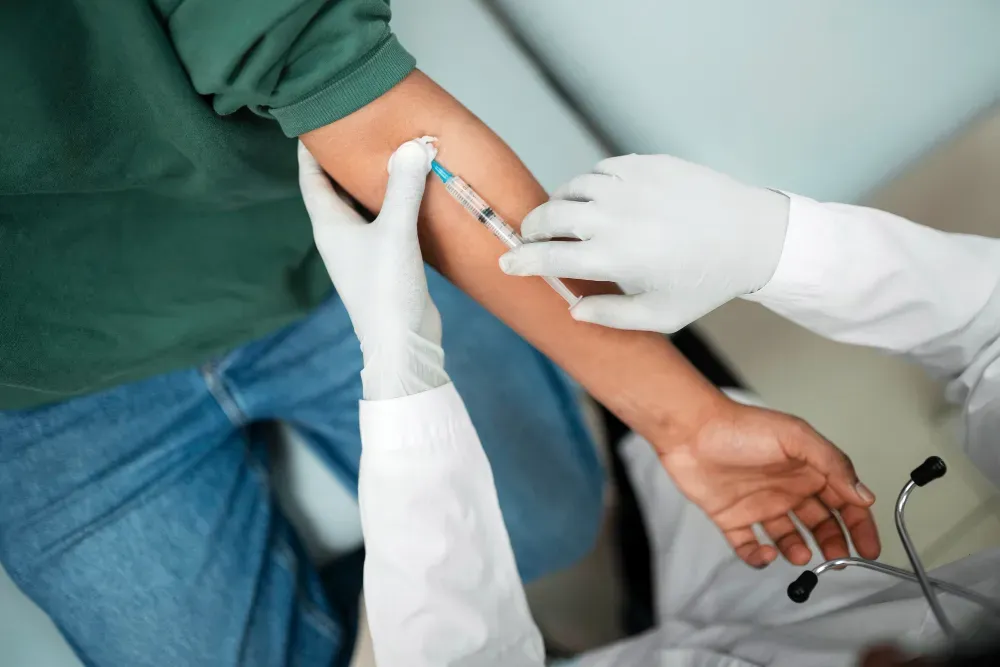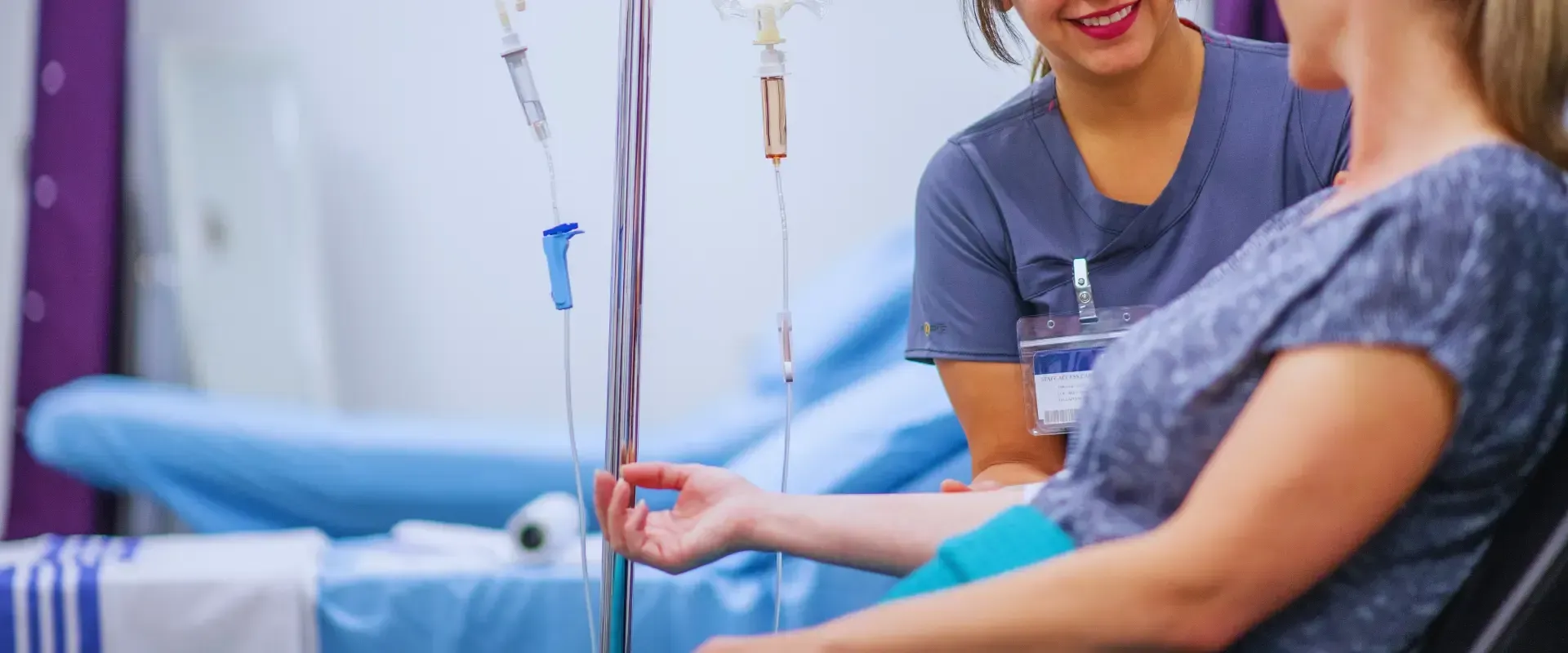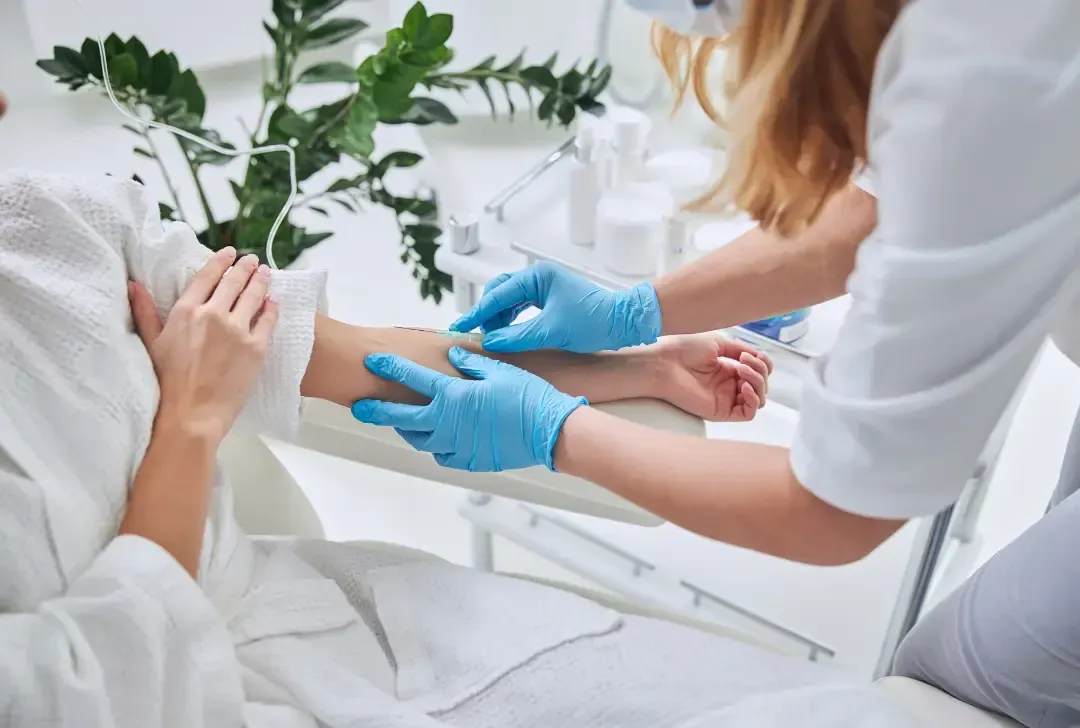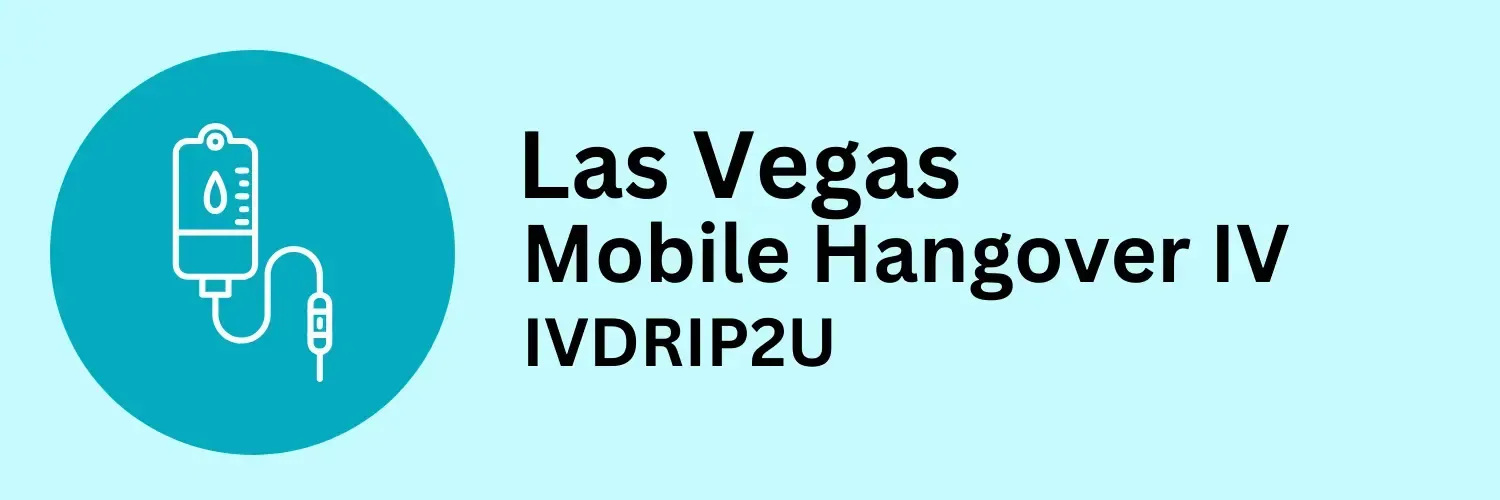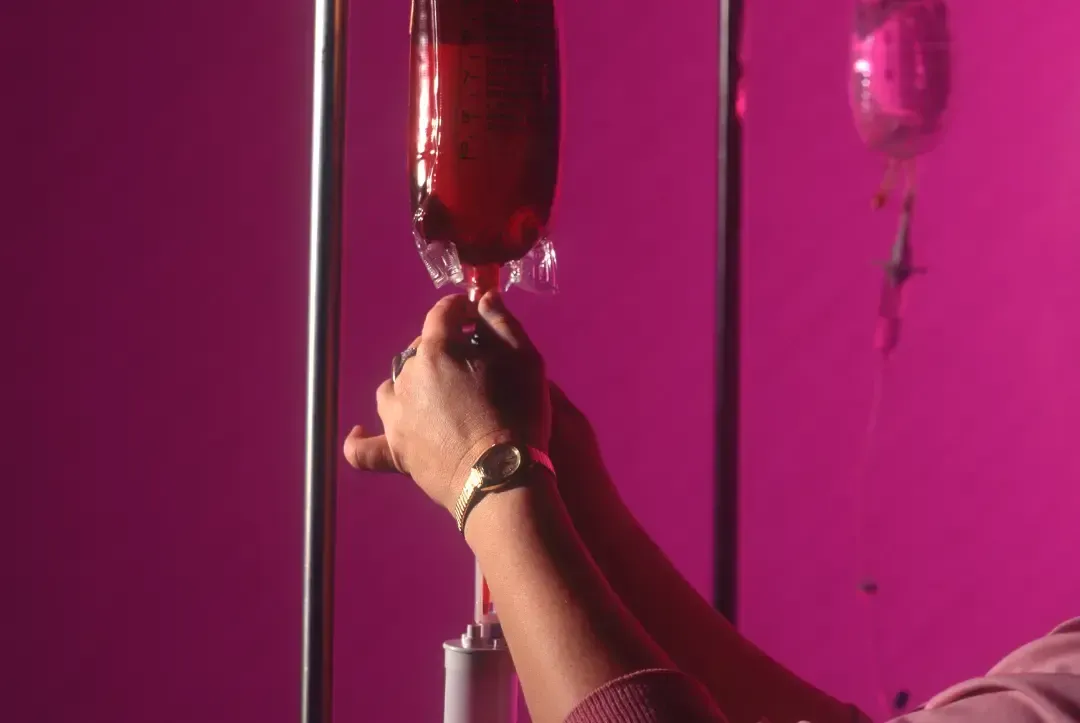Do IVs Work for Hangovers? Understanding IV Therapy for Hangover Relief
Hangovers are an unwelcome reminder of last night’s fun, often leaving people with splitting headaches, nausea, and dehydration. The traditional remedies—water, greasy food, and sleep—can help, but for those who seek faster recovery, IV therapy for hangovers has emerged as a promising solution. But does it really work? In this article, we'll explore how IV hydration for hangover relief works, its benefits, and whether it's the miracle cure that people claim.
What Is IV Therapy for Hangovers?
IV therapy for hangovers involves administering fluids, electrolytes, and vitamins directly into the bloodstream through an intravenous (IV) drip. This method is said to deliver hydration and nutrients more quickly than drinking water or taking oral supplements. The goal is to relieve common hangover symptoms like dehydration, headaches, and fatigue within a matter of minutes to hours.
The Science Behind IV Hydration for Hangover Relief
A hangover primarily occurs due to dehydration, loss of electrolytes, and the buildup of toxic byproducts like acetaldehyde in the body. Alcohol is a diuretic, which means it increases urine output, causing the body to lose more water and essential minerals. IV therapy for hangovers works by replenishing lost fluids and electrolytes, speeding up the recovery process. The key ingredients often include:
- Saline solution: Rehydrates the body and restores fluid balance.
- Electrolytes: Sodium, potassium, and magnesium help correct electrolyte imbalances.
- Vitamins: Vitamin C and B-complex vitamins boost energy and support metabolism.
- Medications: Sometimes, anti-nausea or pain medications are added to reduce discomfort.
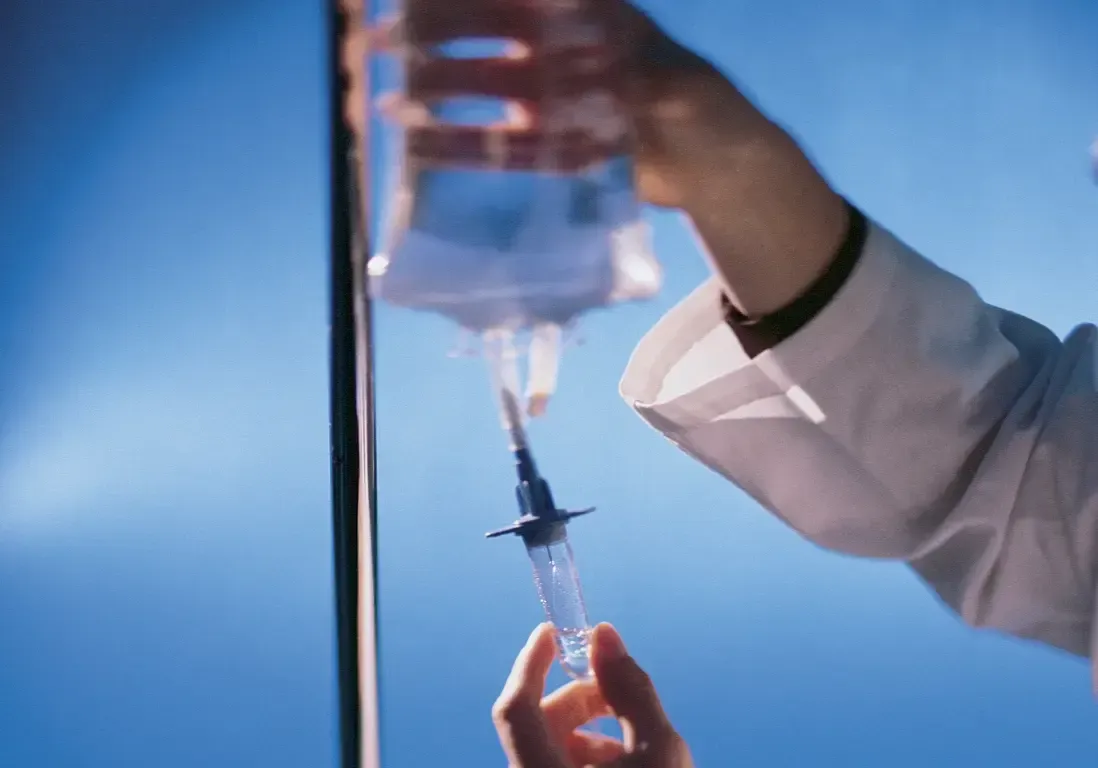
How Effective Is IV Therapy for Hangovers?
IV therapy proponents claim that the treatment offers near-instant relief from hangover symptoms. By bypassing the digestive system, IV fluids and nutrients are absorbed immediately, allowing for faster recovery. However, effectiveness can vary depending on the severity of the hangover and individual body chemistry. Those with mild to moderate hangovers may experience faster symptom relief, while others might not feel as significant an improvement.
Benefits of IV Hydration for Hangovers
- Quick Hydration: Rehydration via IV is faster than drinking water, especially when nausea makes consuming fluids difficult.
- Immediate Vitamin Absorption: Essential vitamins like B and C are delivered directly to the bloodstream, which may improve energy levels and overall well-being faster than oral supplements.
- Electrolyte Balance: IV therapy helps correct electrolyte imbalances caused by excessive alcohol consumption, potentially easing symptoms like dizziness and weakness.
- Customizable Treatments: Many clinics offer tailored IV cocktails that include vitamins, minerals, and medications to target specific symptoms, such as nausea or headaches.
Limitations and Risks of IV Therapy for Hangovers
While IV therapy offers potential benefits, it is not without limitations. First, IV therapy can be costly, with sessions ranging from $100 to $400 depending on the clinic and the contents of the IV drip. Additionally, the procedure involves inserting a needle into the vein, which carries risks of infection or bruising.
Another concern is that IV therapy may not address the root cause of hangovers—overconsumption of alcohol. It can alleviate symptoms, but it does not detoxify the body from alcohol's harmful effects. Drinking responsibly and hydrating throughout the night are still the most effective ways to prevent a hangover.
What’s Inside a Hangover IV Cocktail?
A hangover IV cocktail typically contains a blend of fluids, electrolytes, vitamins, and medications to target dehydration and other symptoms. The main ingredients include:
- Saline Solution: Rehydrates the body quickly.
- Electrolytes: Restores essential minerals like sodium and potassium to balance fluids.
- B-Complex Vitamins: Boosts energy and supports brain function.
- Vitamin C: Helps reduce inflammation and supports the immune system.
- Anti-Nausea Medications: Provides relief from nausea and vomiting.
- Pain Relievers: Eases headaches and muscle soreness.
These components work together to speed up recovery, providing faster relief than traditional remedies.

Do IV Drips for Hangovers Work for Everyone?
Although IV therapy has gained popularity, it may not work equally well for everyone. Some people may experience quick relief, while others might not see significant improvements. Individual factors, such as body composition, alcohol tolerance, and how much alcohol was consumed, all play a role in how effective the treatment will be.
What Happens During an IV Therapy Session?
When you visit an IV clinic for hangover relief, the process typically involves:
- Consultation: A healthcare professional will ask about your symptoms and medical history to determine the best combination of fluids, vitamins, and medications for your IV drip.
- Insertion: A nurse or doctor will insert a small catheter into your vein, usually in your arm, and attach it to a bag of saline or lactated Ringer's solution.
- Treatment: The infusion takes about 30-60 minutes, during which time you can relax, read, or even nap.
Some clinics offer mobile services, meaning a healthcare provider can come to your home or hotel, making it convenient for those too ill to travel.
IV Therapy for Hangovers vs. Traditional Remedies
So, how does IV therapy compare to time-tested hangover remedies like drinking water, eating food, or taking over-the-counter pain relievers? While IV therapy provides faster hydration and nutrient absorption, traditional remedies can still be effective, especially for milder hangovers. Here’s a quick comparison:
| Remedy | Speed of Relief | Effectiveness | Cost |
|---|---|---|---|
| IV Therapy | Fast | High for moderate to severe cases | $100-$400 |
| Water and Food | Slow | Effective for mild symptoms | Minimal |
| OTC Medications | Moderate | Good for headaches and nausea | $5-$20 |
| Sleep and Rest | Slow | Essential for recovery | Free |
Is IV Therapy for Hangovers Safe?
For most healthy individuals, IV therapy is considered safe when administered by trained medical professionals. However, there are a few risks associated with the procedure. These include:
- Infection: If the IV insertion site is not properly sterilized, there’s a small risk of infection.
- Bruising or Pain: Some people may experience discomfort or bruising at the insertion site.
- Allergic Reactions: Although rare, some individuals may have allergic reactions to the vitamins or medications used in the drip.
- Overhydration: Excessive hydration can cause an imbalance in electrolytes, leading to conditions like hyponatremia (low sodium levels).
Before undergoing IV therapy for a hangover, it’s important to consult with a healthcare provider, especially if you have pre-existing medical conditions such as heart disease or kidney problems.
Should You Try IV Therapy for Hangover Relief?
IV therapy can be a useful tool for hangover relief, especially if you need to recover quickly for a busy day ahead or have severe symptoms. However, it’s important to remember that prevention is better than a cure. Hydrating while drinking alcohol, eating food before and during drinking, and knowing your limits are still the best ways to avoid a hangover in the first place.
If you’re someone who frequently experiences severe hangovers, IV therapy may be worth considering as an occasional remedy. Just make sure to do your research and choose a reputable clinic that uses medical professionals to administer the treatment.
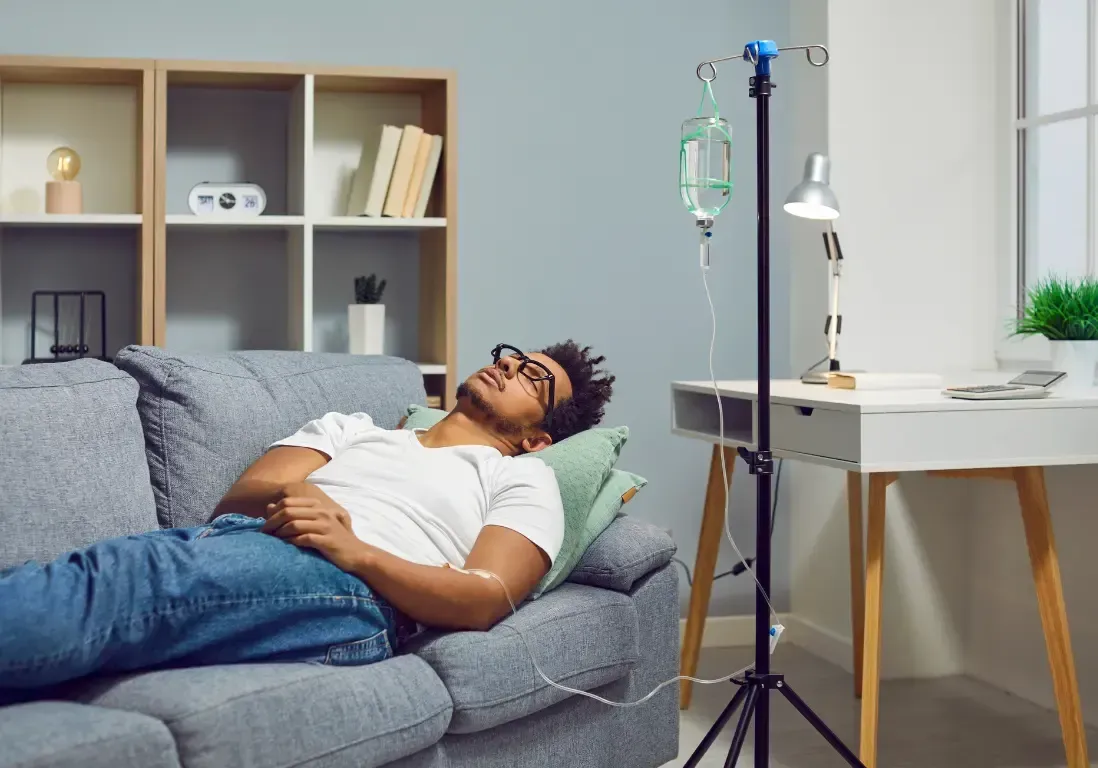
FAQs
Can IV therapy cure a hangover completely?
IV therapy can relieve many of the symptoms of a hangover, such as dehydration, headaches, and nausea, but it does not "cure" the root cause of the hangover, which is alcohol toxicity. It can make you feel better faster, but it won’t eliminate all symptoms immediately.
How long does IV therapy take to work for a hangover?
Many people start feeling relief within 30 minutes to an hour after starting the IV drip. The effects may last for several hours, but the speed of relief can vary depending on individual factors and the severity of the hangover.
Is IV therapy for hangovers safe for everyone?
IV therapy is generally safe for healthy adults, but individuals with medical conditions such as heart or kidney disease should consult a doctor before undergoing treatment. Pregnant or breastfeeding women should also avoid IV therapy without medical advice.
Can I get IV therapy at home?
Yes, many clinics offer
mobile IV therapy services, where a healthcare professional will come to your location to administer the treatment. This can be a convenient option if you're too unwell to travel to a clinic.
Does IV therapy prevent hangovers?
IV therapy does not prevent hangovers. It is designed to treat the symptoms after they occur. To prevent a hangover, it’s important to stay hydrated while drinking alcohol, avoid excessive alcohol consumption, and eat food before and during drinking.
How much does IV therapy for a hangover cost?
The cost of IV therapy for hangovers can range from $100 to $400, depending on the clinic, location, and the specific vitamins or medications included in the drip.
Conclusion
IV therapy for hangovers can provide rapid relief by delivering fluids, electrolytes, and vitamins directly into your bloodstream. While it's not a miracle cure, it can be an effective option for those suffering from severe hangover symptoms. However, it’s essential to weigh the benefits against the cost and potential risks. If you choose to try IV therapy, ensure that the treatment is administered by qualified healthcare professionals. And remember, the best way to avoid a hangover is to drink responsibly, stay hydrated, and know your limits.
